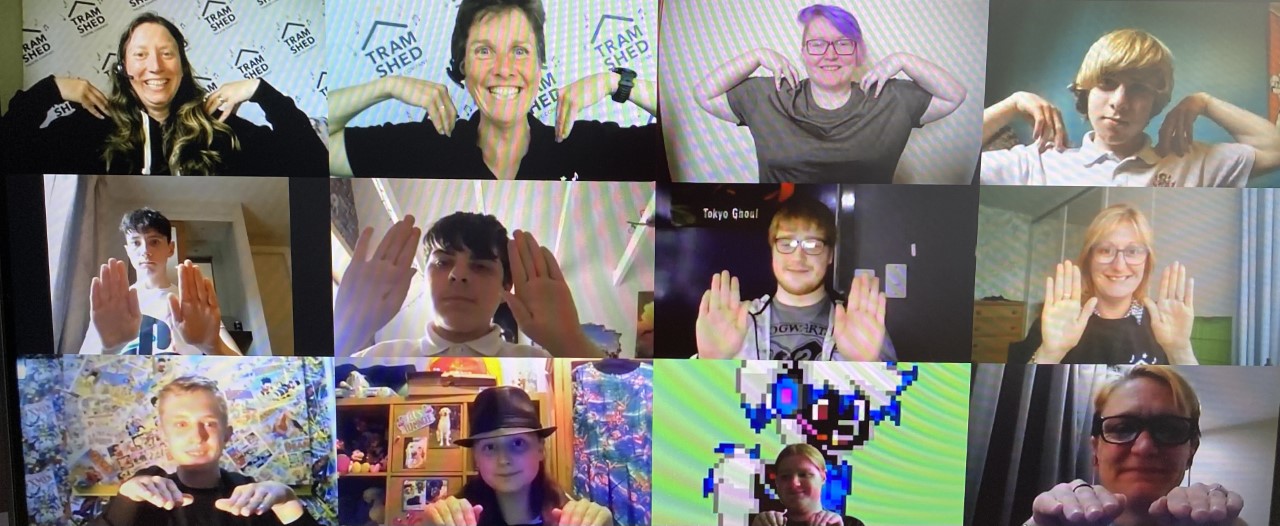
Arts Award: Focus on reflective work being accessible for all
BY: Guest Writer
27 Mar 2023
Continuing our theme celebrating neurodiversity on the blog this month, Emma Rucastle, Freelance Theatre and Creative Professional from TramShed Inclusive Theatre Company shares her tips and techniques to help ensure the reflective work required of any of the five Arts Award levels is accessible for all…
As an Arts Award adviser for TramShed Inclusive Theatre Company, I really enjoy working with young people on the reflective tasks that make up part of Arts Award at all levels and I find the word ‘scaffolding’ useful for remembering tips and techniques to ensure reflective work is accessible for all:
Spider diagrams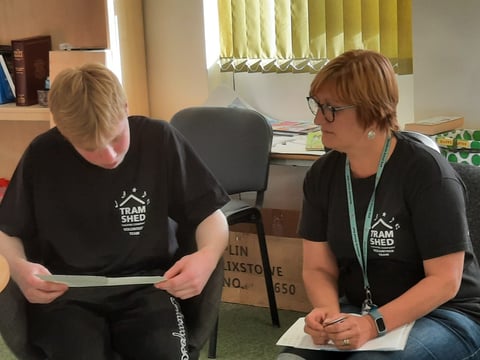
Conversations
Asking questions
Feedback
Fun
Observation
Lists
Digital tools
Images
No ‘right’ way
Group work
Spider diagrams or mind maps, created immediately after completion of an activity or project can be a great starting point and can help to quickly generate ideas for lengthier, more in-depth reflection. Simple questions like ‘what went well?’ / ’what would I do differently next time’ can be used to focus these.
Conversations with the adviser and/or other supportive adults throughout the tasks/activities are very useful for on-going reflection. Make sure some evidence of these, often informal, reflections are gathered – through quick notes or voice recordings, for example.
Ask lots of different questions – closed, open or even multiple-choice (designed to suit the task/activity). Where possible, encourage young people to think about their Arts Award projects and discoveries in a range of ways: What did they know before they started? How did they feel before, during and after major parts of the task? How has their contribution impacted others? What do they hope to do in the future with the new skills they have developed?
Feedback is vital for helping to scaffold reflection. As an Arts Award adviser, I try to give lots of it in a range of ways – spoken and written - to every young person and encourage the participants to recognise, gather and record feedback from others at every opportunity – not just at the end of a piece of work.
Fun activities can be used to encourage reflection. Drama games like QuickFire – where a reflective question is asked and everyone has to say/write/tell/scribe the first thing that comes into their head in answer to the question – this can be useful to prevent overthinking and ‘freezing’.
Paired interviews – where one person is the interviewer and the other is the ‘expert’ - can also be used to effectively generate reflection. Such interviews can be undertaken with an added level of performance - for example, recorded as if part of a TV or radio show; this may encourage the participants to reflect more deeply and give fuller answers.
Observation – Keep a lookout in sessions for when a young person is reflecting in non-formal ways and keep a record of this.
Lists of useful words/sentence openers can be helpful for formalising thoughts – both written and spoken - and making the structure of a reflective piece less intimidating.
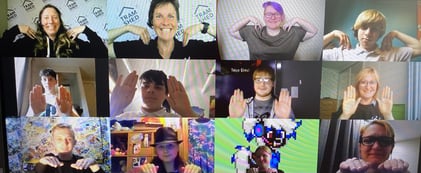 Digital tools, such as Mentimeter, Zoom interactive whiteboards and Jamboard offer different and engaging ways of gathering feedback and/or starting reflective thoughts and conversations.
Digital tools, such as Mentimeter, Zoom interactive whiteboards and Jamboard offer different and engaging ways of gathering feedback and/or starting reflective thoughts and conversations.
Images can really help jog memories and can be used to reflect quite simply by young people identifying and ringing/labelling themselves in photographs and then writing/talking about what they were doing and how it felt etc…
No ’right‘ way to present reflection. I find it’s really important to remember this and believe that one of Arts Award’s great strengths is the way it can be tailored to individuals and their needs. Presentation, one-to-one discussion, online meetings (possibly recorded), writing, drawing pictures, comments on photographs and many more can all be used effectively to capture reflection.
Group work can be used as part of many of the above techniques to generate ideas and give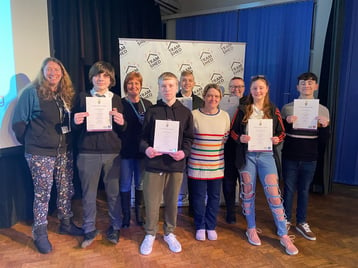 confidence to an individual to reflect more fully on their own contributions.
confidence to an individual to reflect more fully on their own contributions.
Overall, I find experimenting with a range of reflective activities is time well spent; it’s very exciting to hit on exactly the right tool or technique to encourage and enable a young person to express themselves confidently; reflecting on and celebrating their Arts Award achievements.
Related posts
BY: Nicola King
BY: Catherine Sercombe

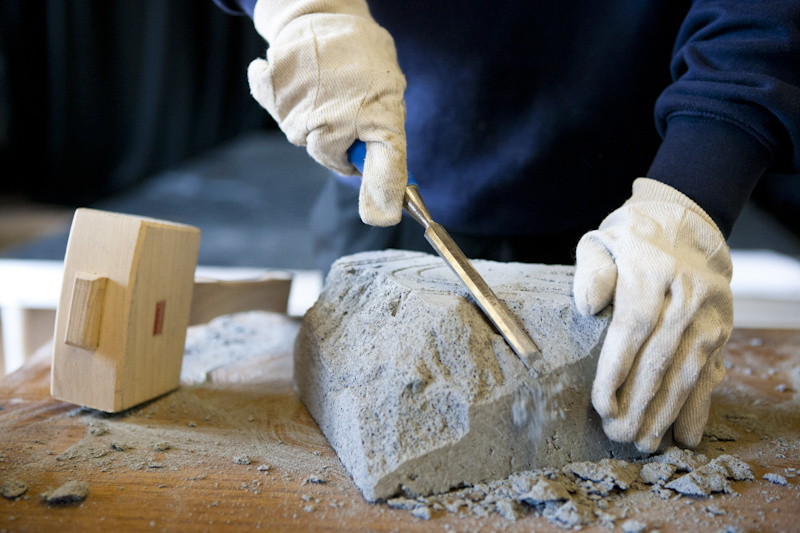
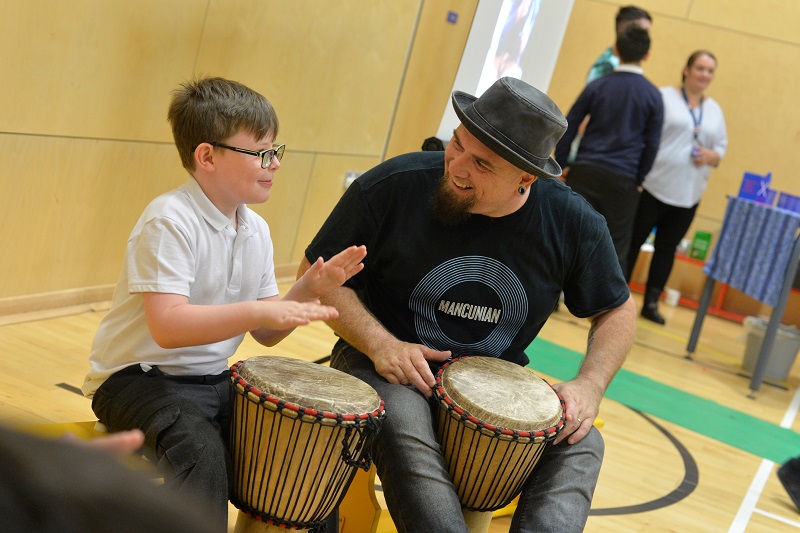
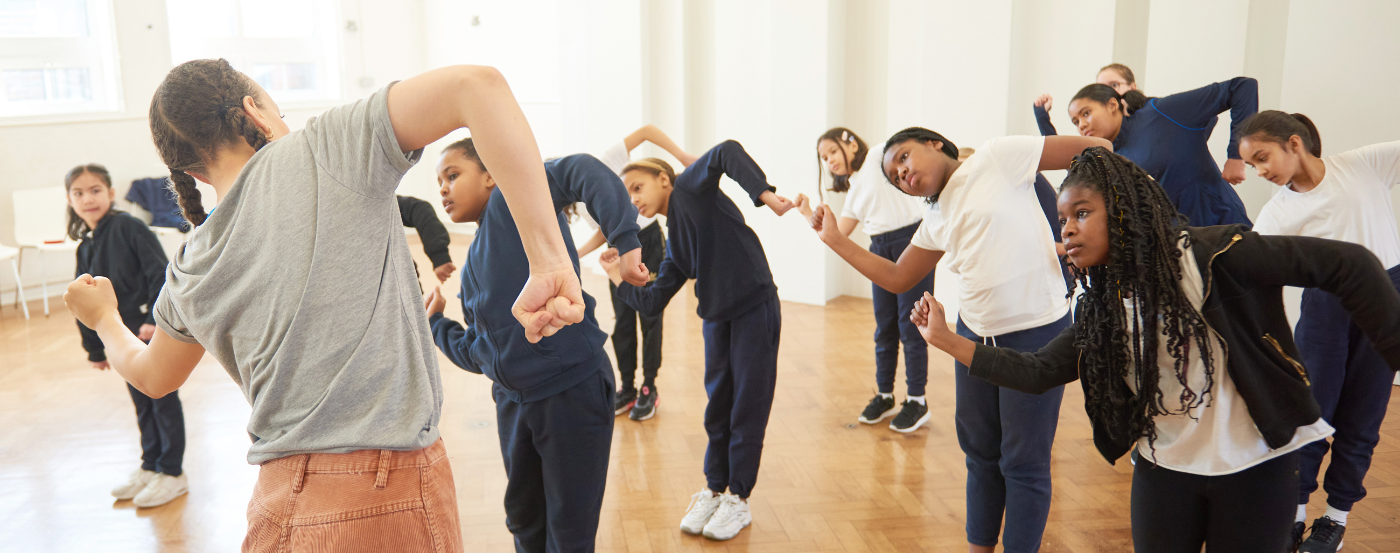
Comments & Replies